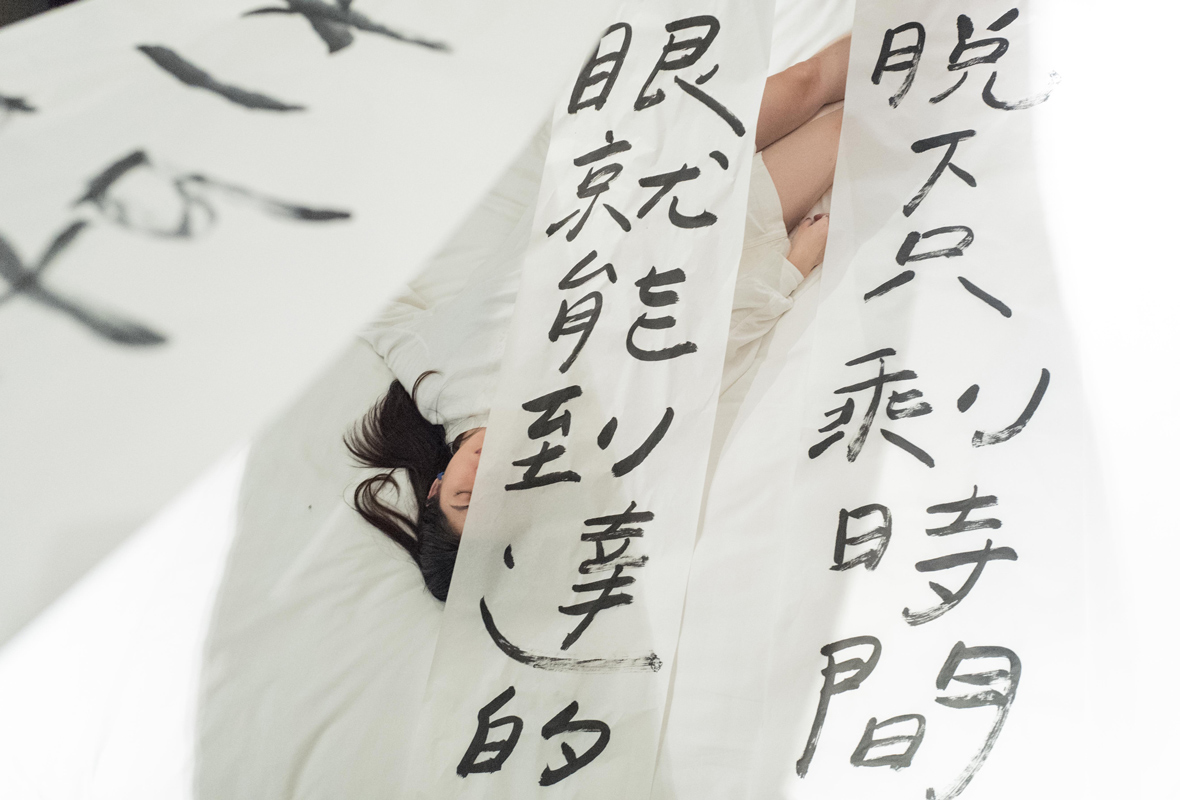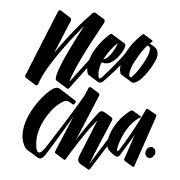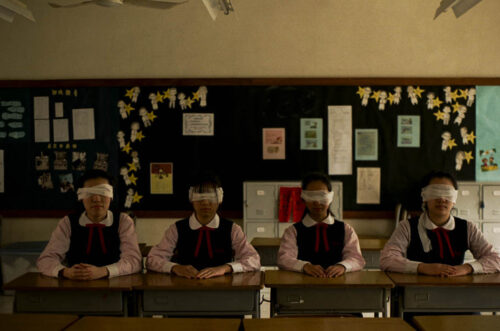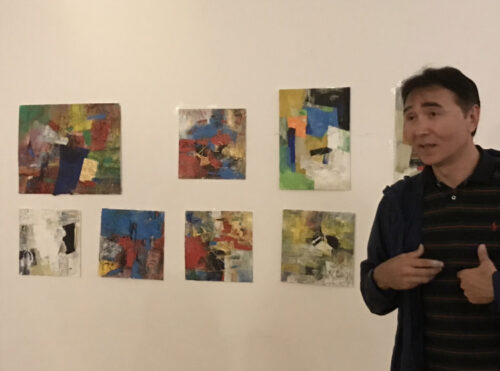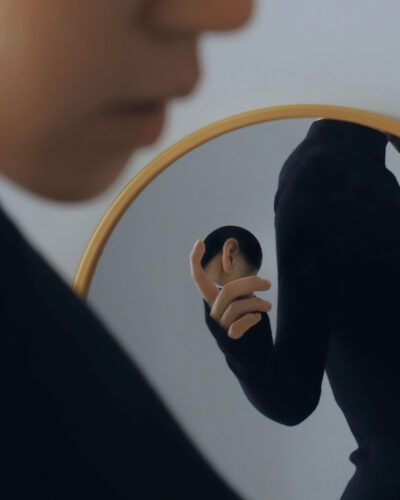This article was originally published on Neocha and is republished with permission.
Chinese calligraphy has a certain timelessness to it, a quality that can perhaps be credited to the ink brush, a writing instrument that offers unparalleled precision and control. Even as the Chinese script evolved, brush calligraphy has stayed true as a bearer of the region’s history and culture. The visual medium has expanded far beyond literary use though, even appearing alongside a variety of contemporary creative disciplines, including graffiti, performance art, cinema, and more.
Wú Jìzhēn 吴季祯—better known as I Am Hand Tonight—is an artist who’s moving the dial of contemporary Chinese calligraphy. Her unconventional brushwork produces Chinese characters that seem to swell and dilate, lurching in unpredictable directions before coalescing into phrases such as “How have you been lately?” Under her brush, these handwritten notes are elevated to visual poetry that speaks to the precious nuances of ordinary life.
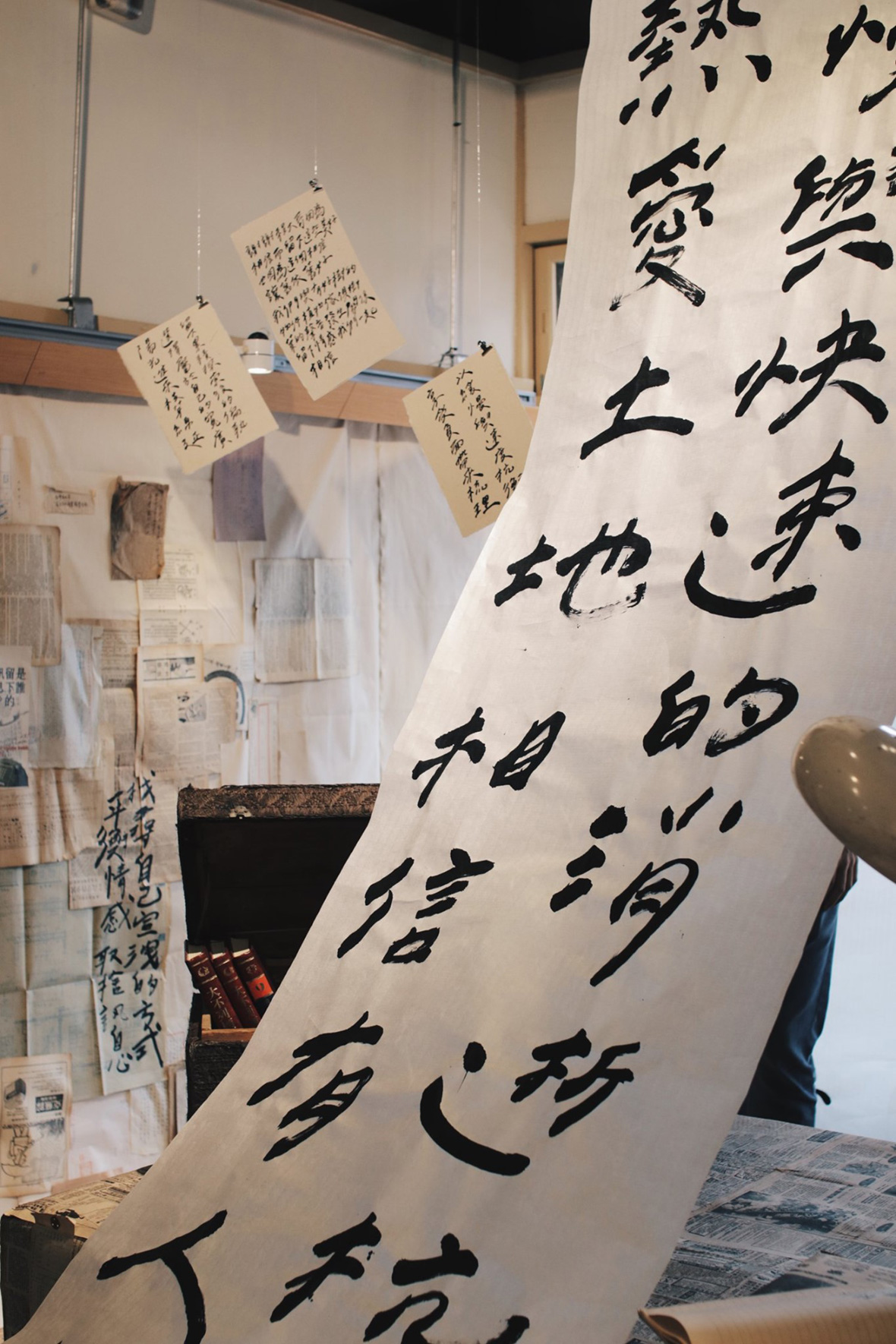
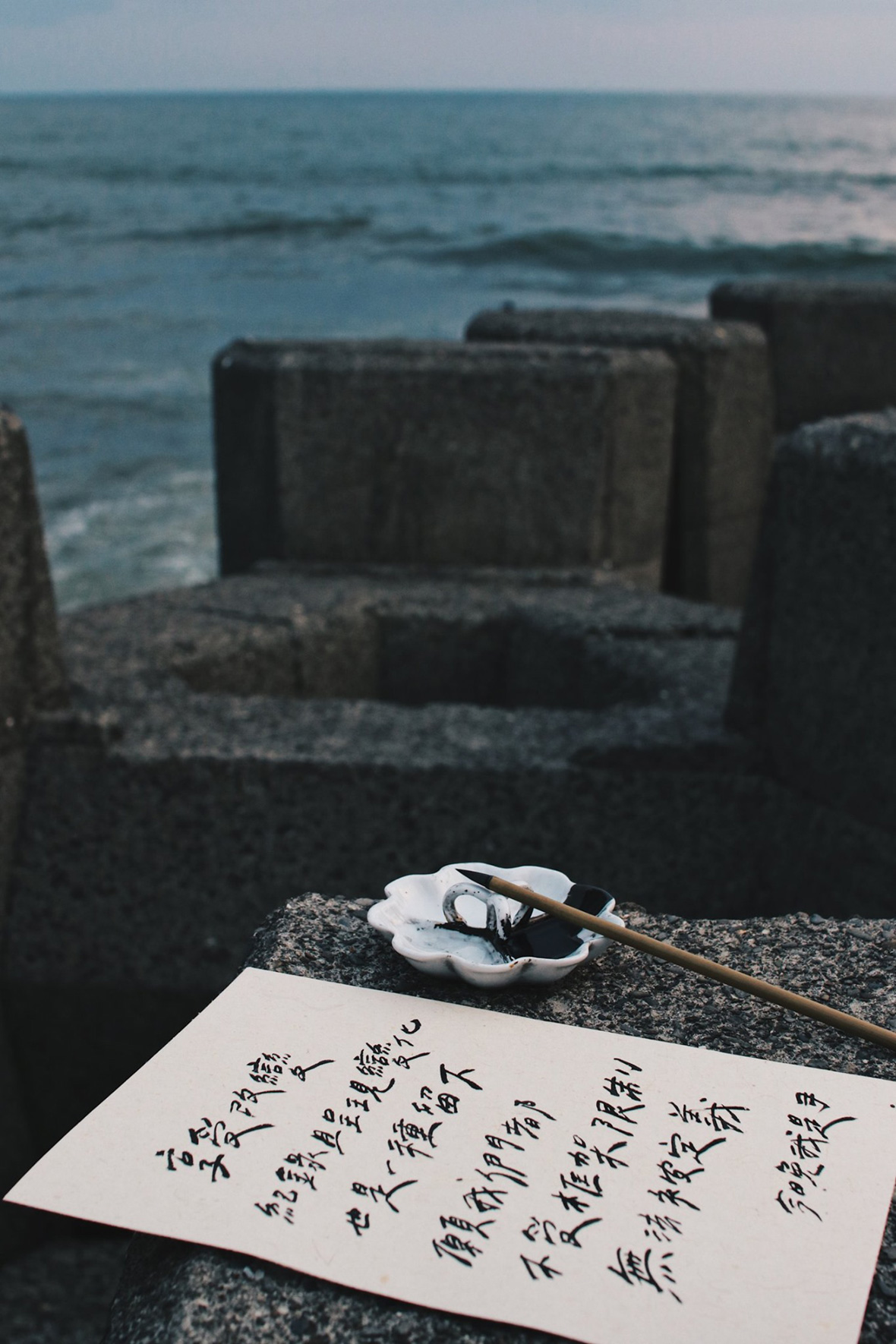
Wu’s works tend to center on the theme of love—between friends, between family, and between romantic partners. These stylized missives feel extraordinarily intimate, like private conversations with a trusted confidant. Everything is written with sincerity. “All of my quotes are based on my own life events,” Wu says. “But my hope is that viewers of my work can find resonance based on their own past experiences.”

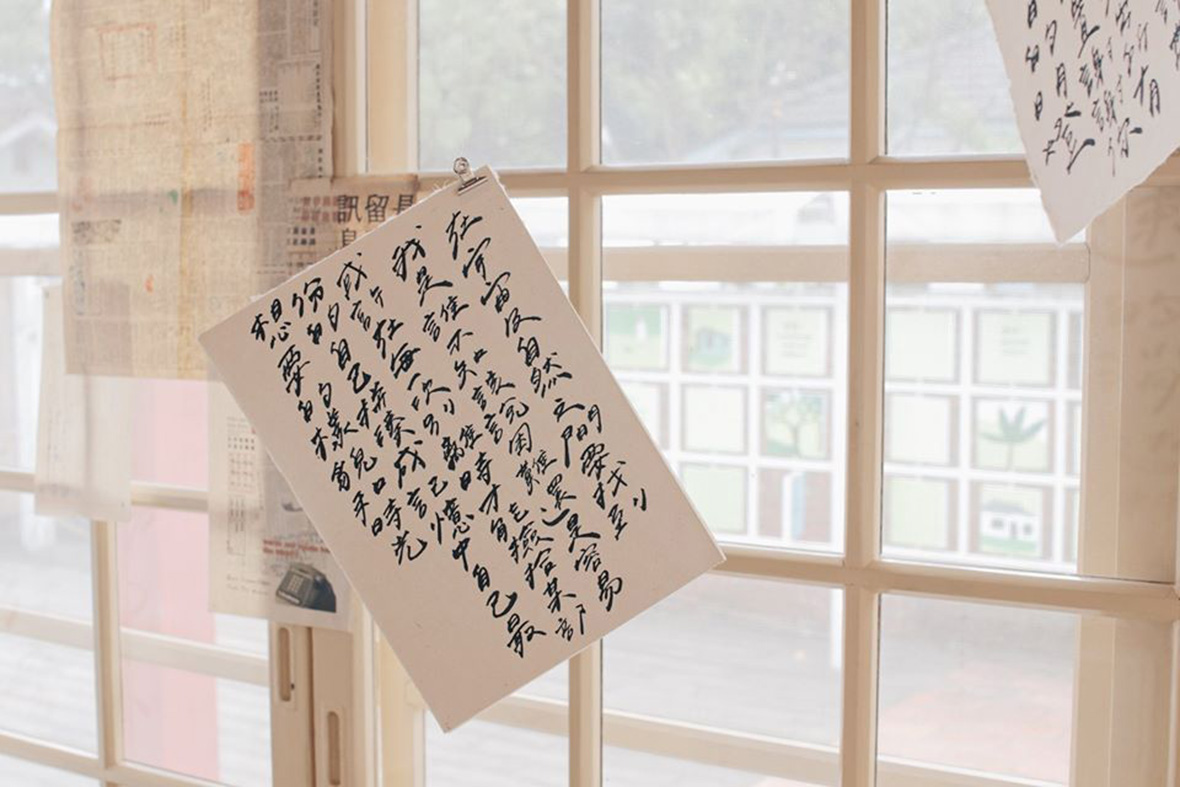
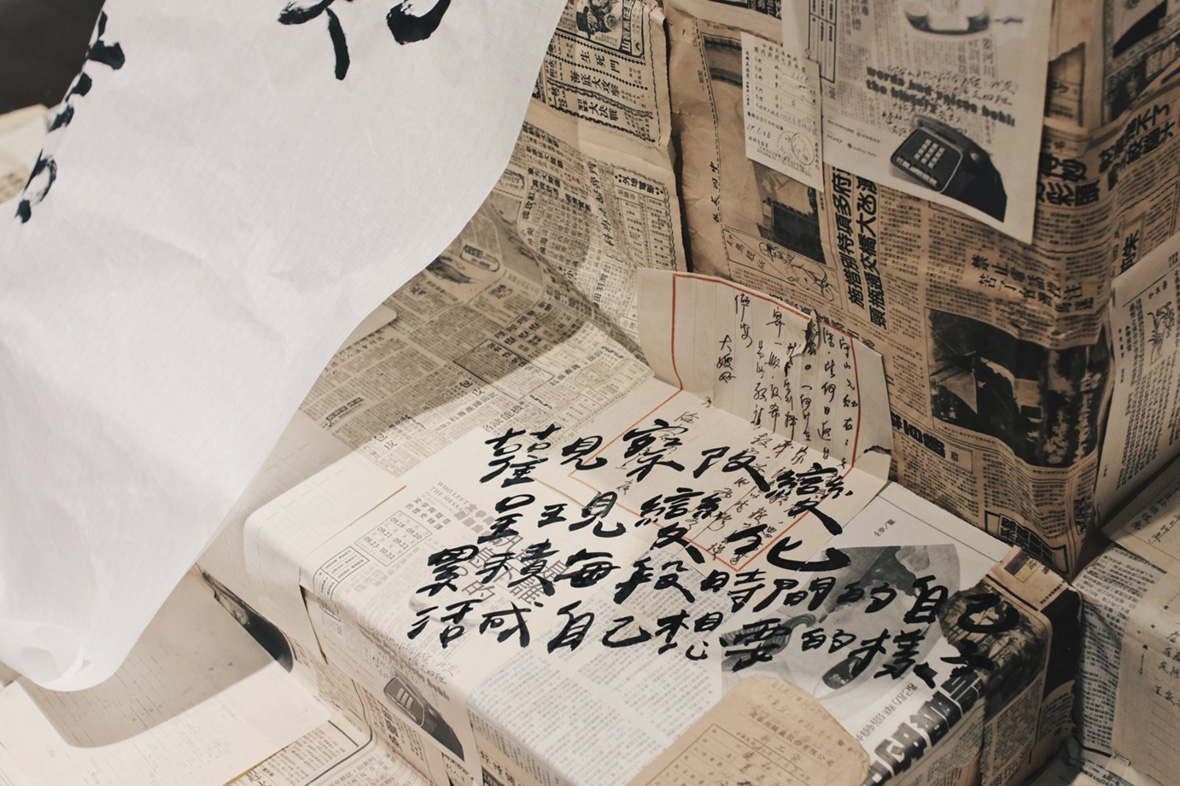
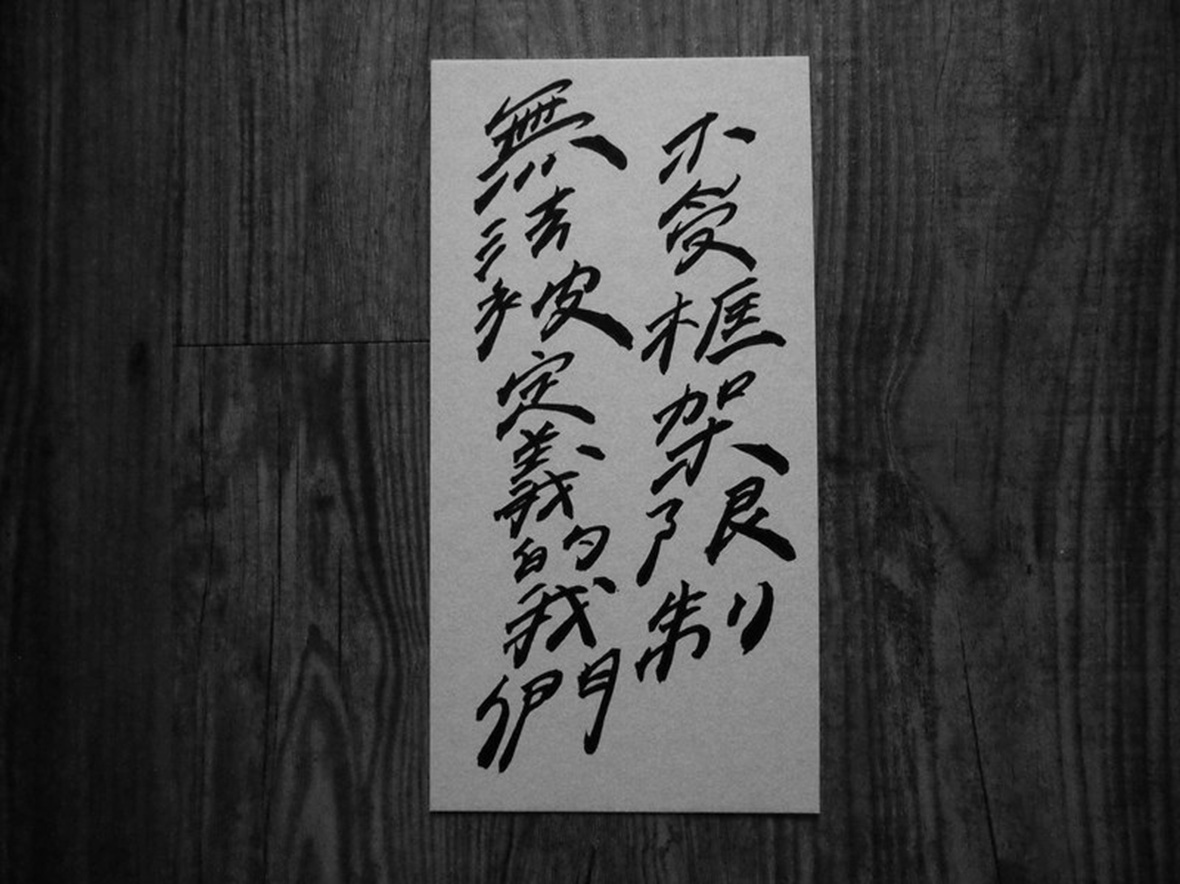

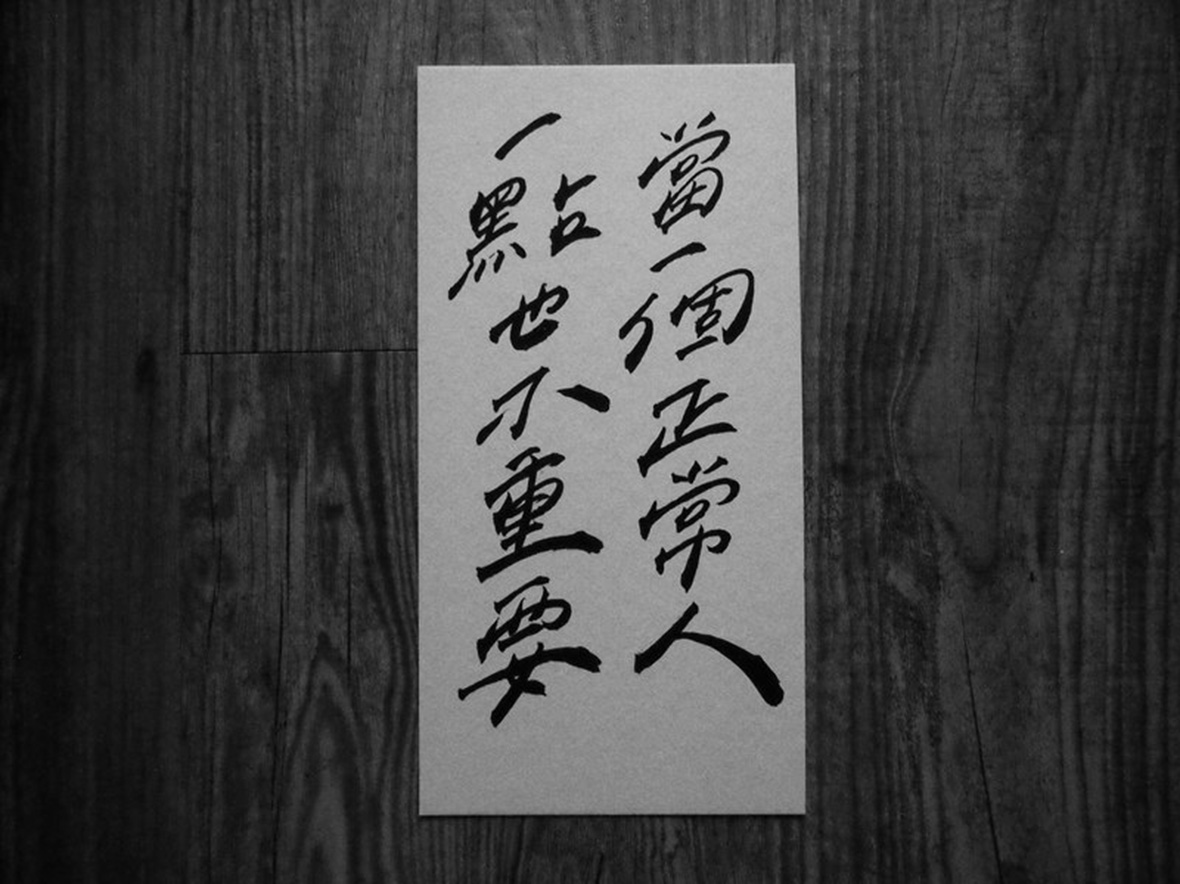
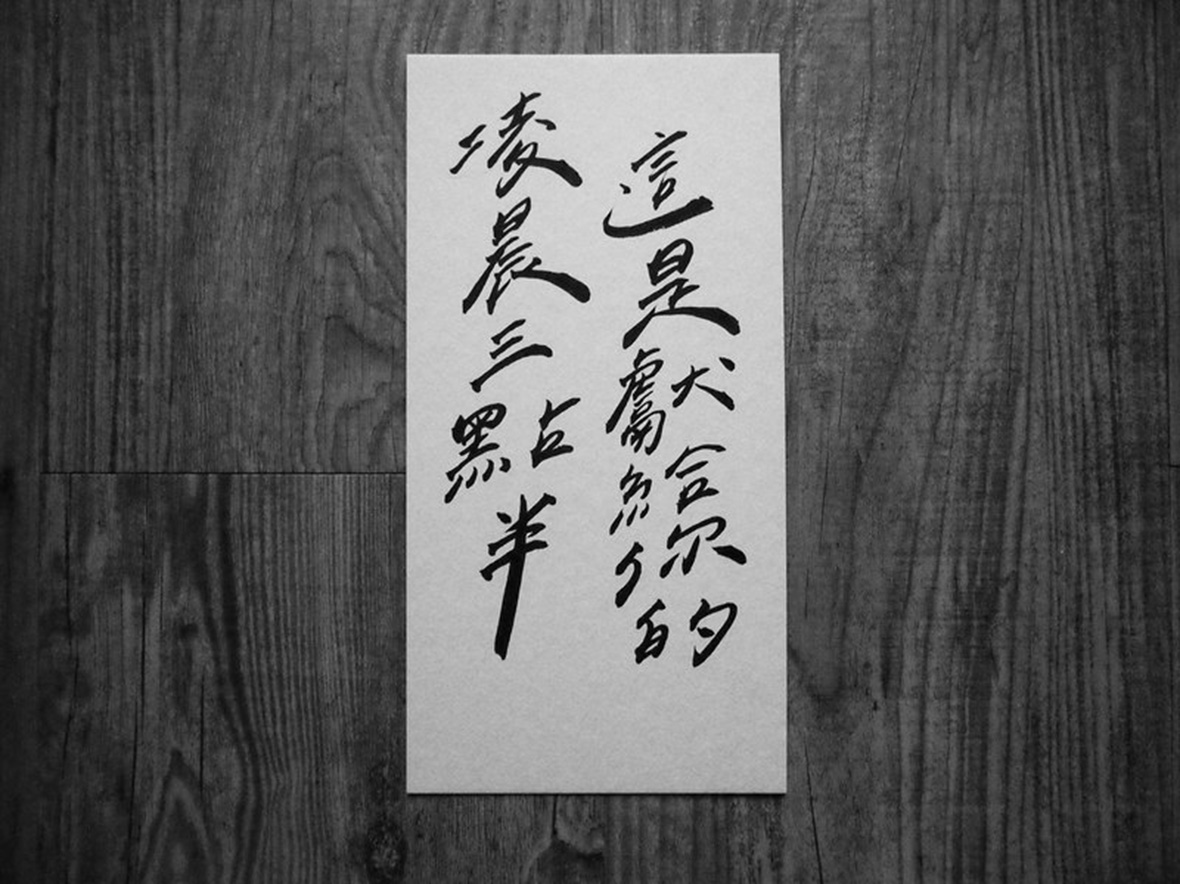
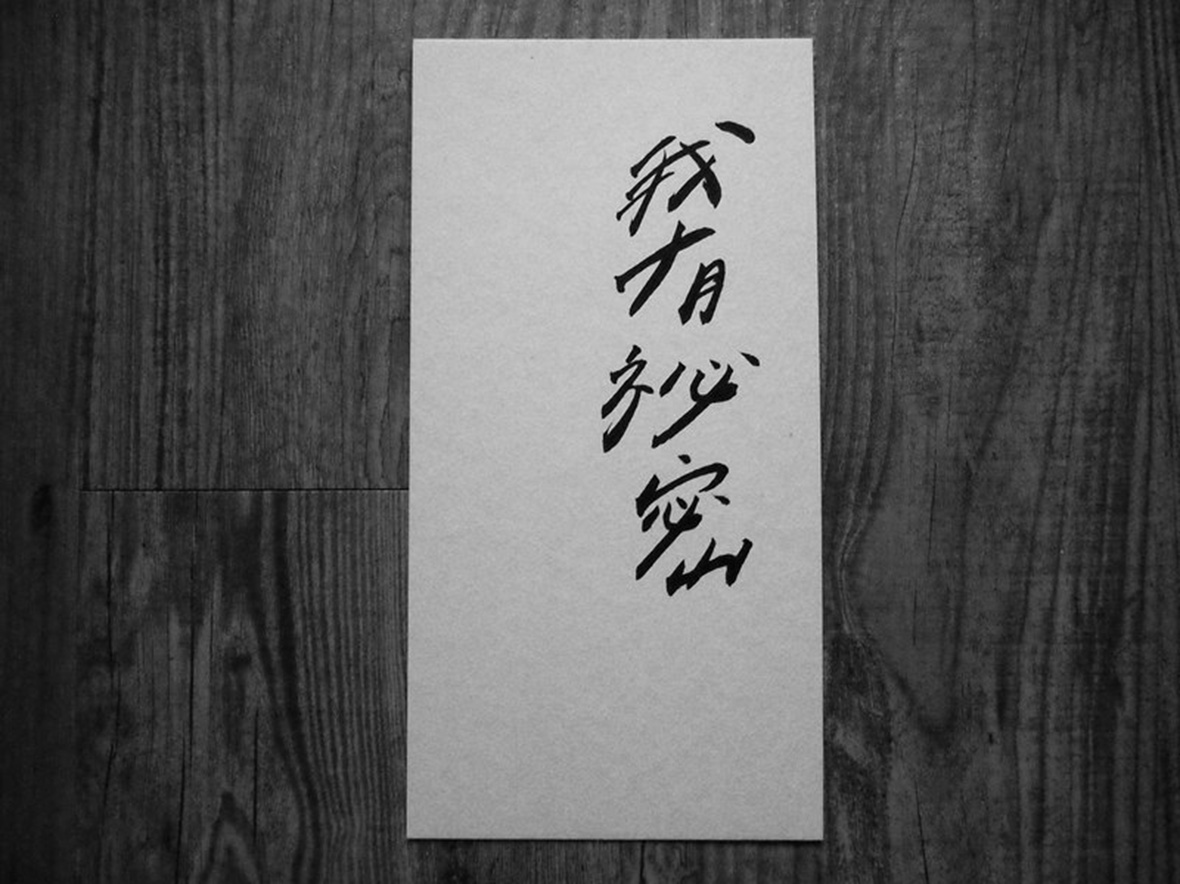
Like many kids, Wu kept a diary. In many entries, she details the calligraphy classes she was forced to attend throughout elementary school and the teachers who berated her for her sloppy writing. Little did she know, the unruly brushstrokes that she was scolded for would become one of the most beloved aspects of her art decades later. Today, her diary-keeping habits have persisted, and the random musings that she jots in her journal often serve as the basis for her calligraphy art.
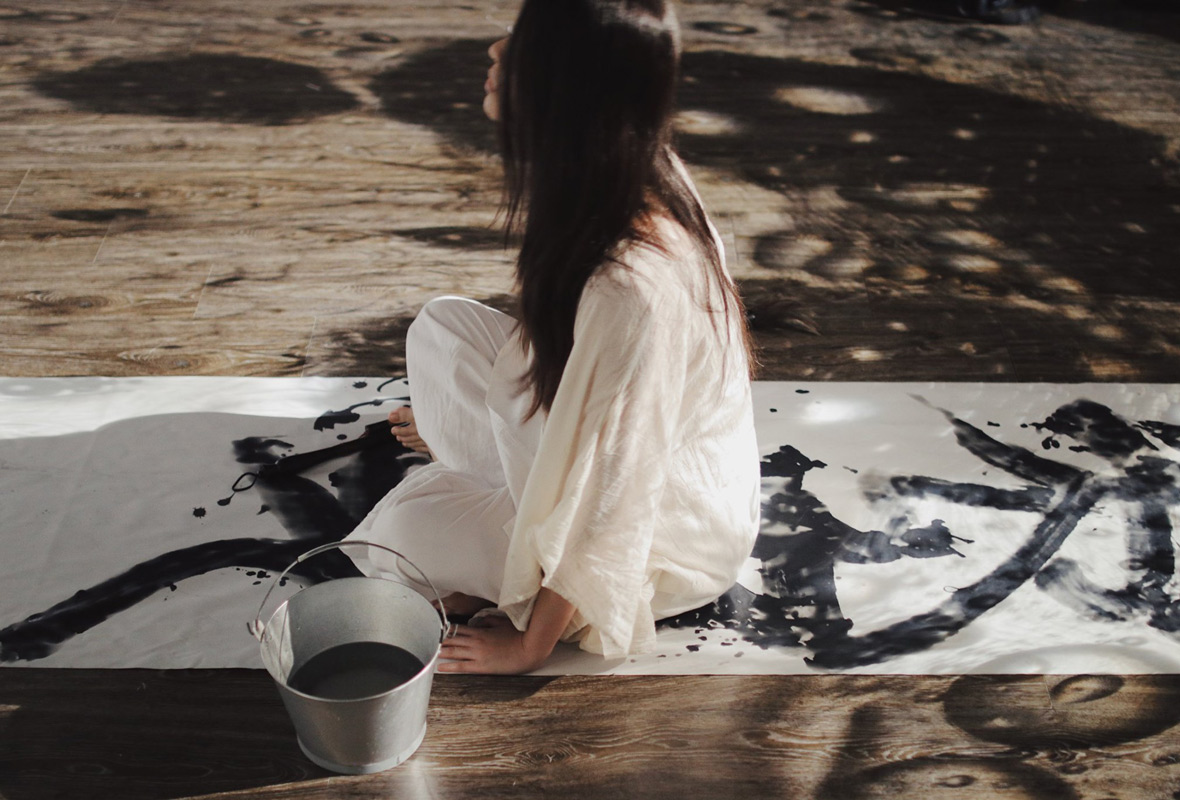
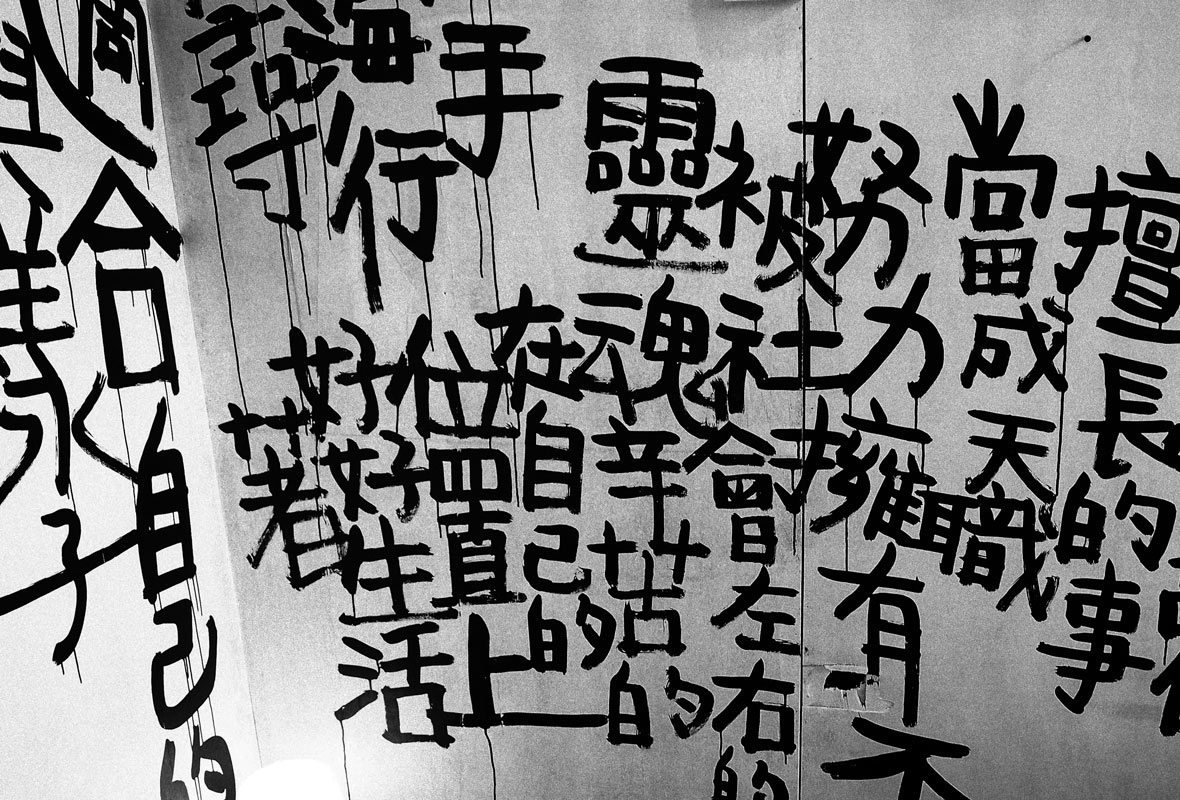
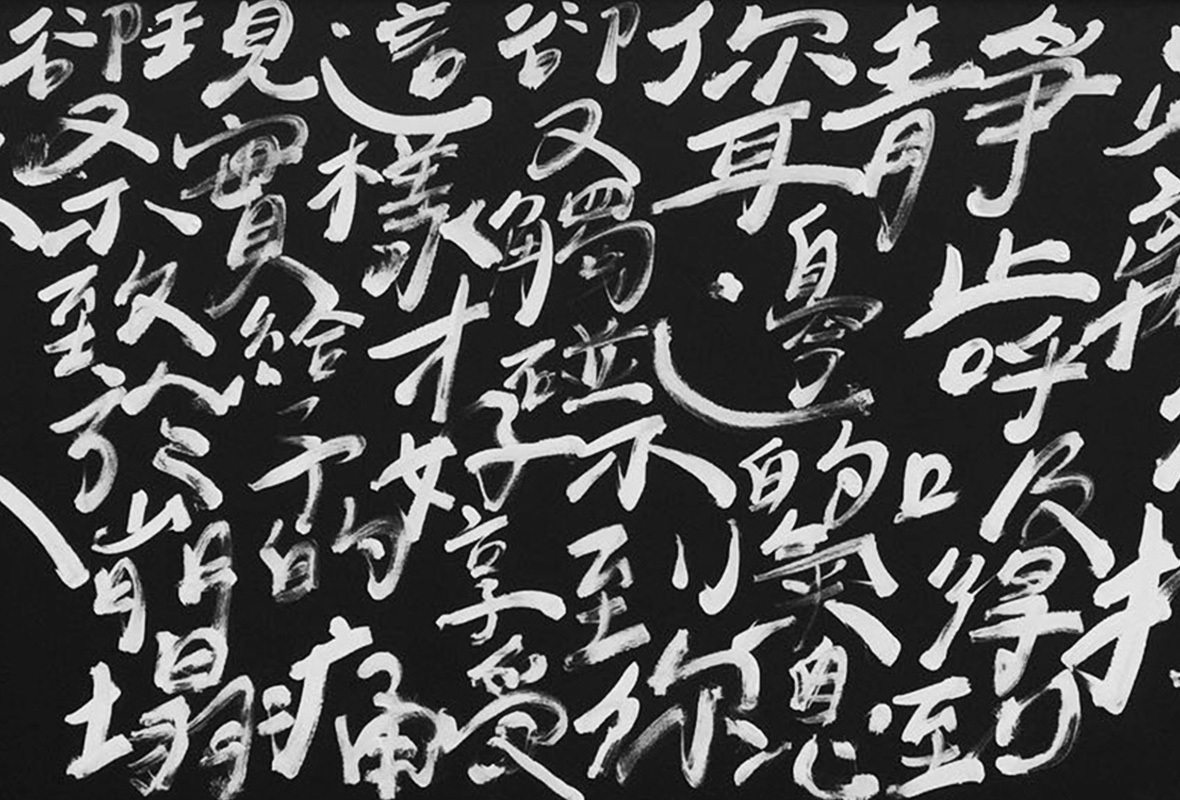
Wu believes in a slow and mindful lifestyle. Setting aside personal time to enjoy life’s little moments is incredibly important to her, and her pivot from photography to calligraphy is the result of this belief. With photography, she often found the creative process to be overly rushed. Hurried shutter clicks were hardly suitable for recording the minutiae of life, she thought, and so, in her search for a “slower” creative endeavor, she turned to calligraphy.
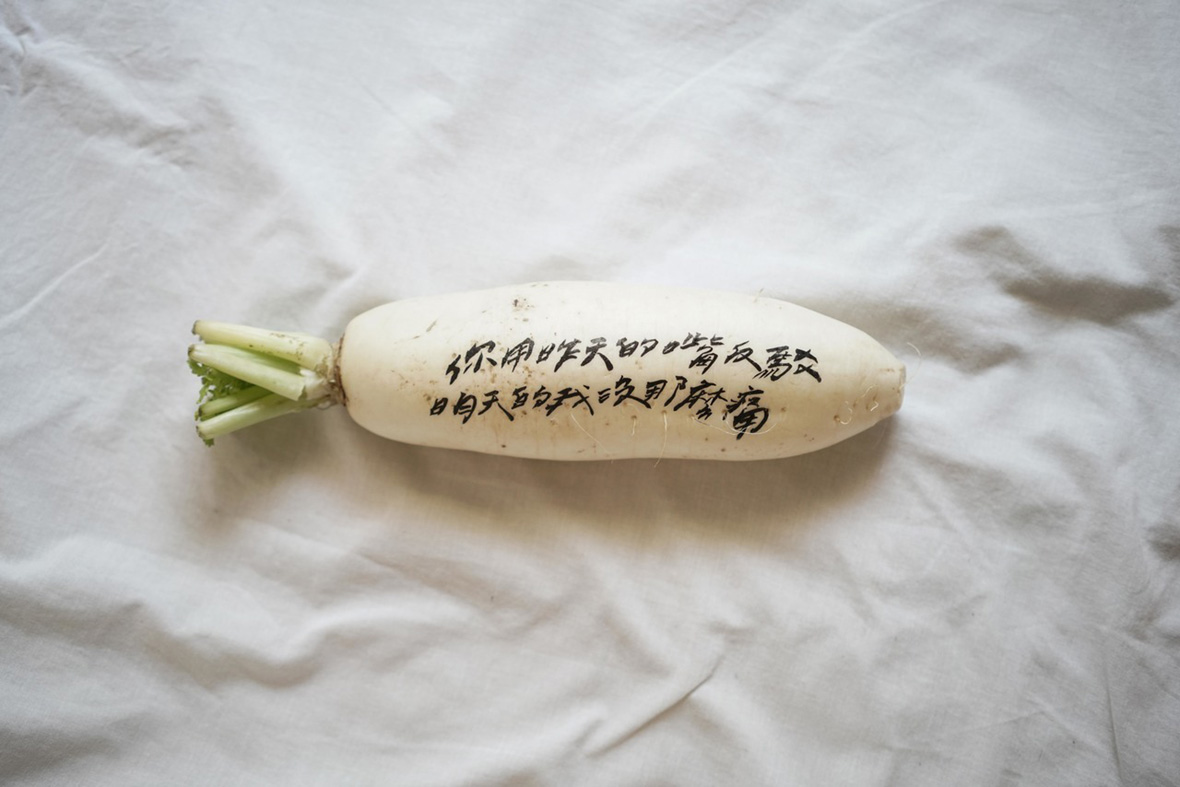

Contemporary calligraphy has long outgrown the confines of ink and paper, and Wu is fully embracing the changes. So far, she’s written on metal roofing panels, walls, and glass—she’s even written on fruit and human bodies.
In 2019, as part of the Tua-Tiu-Tiann International Festival of Arts, she participated in a multimedia project where she inscribed freehand calligraphy directly on a performer’s nude torso. “My works have always revolved around interpersonal relationships, so to put these words on human bodies felt fitting,” Wu says. “When brush meets flesh, a bond develops between the words and the person. It’s a completely different feeling from writing on paper.”
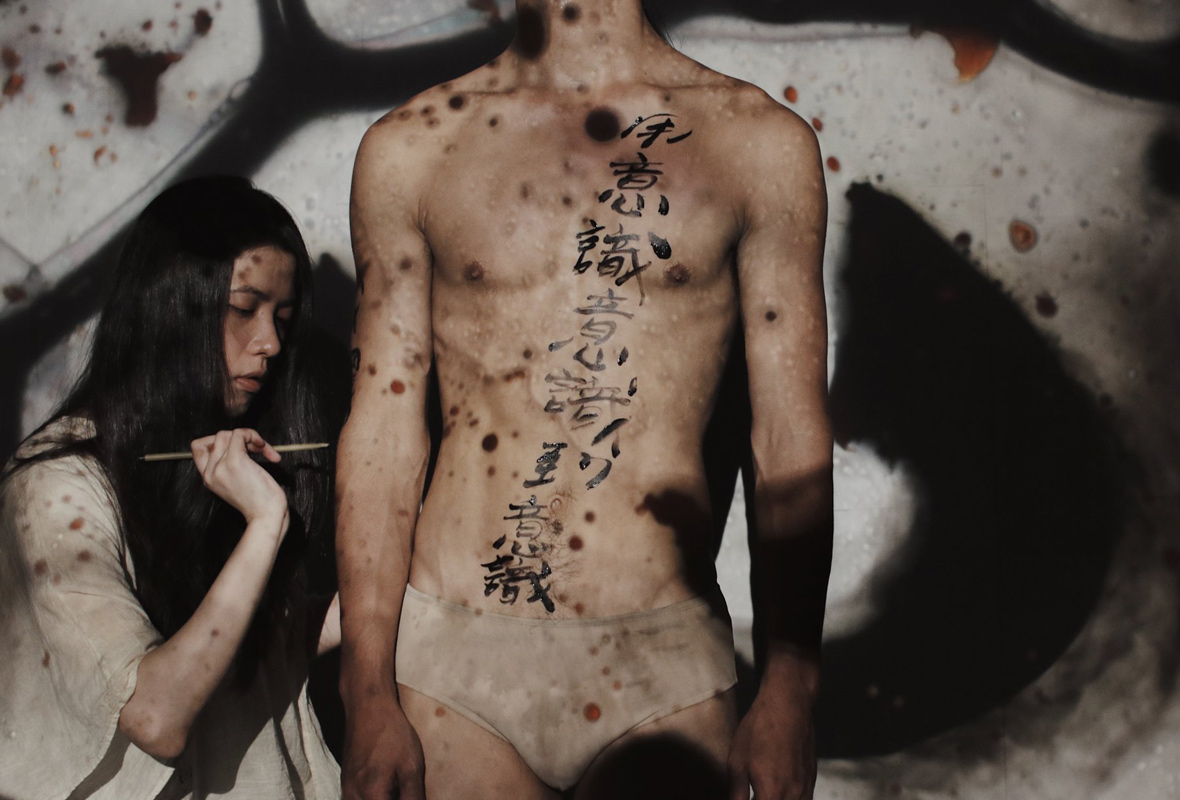
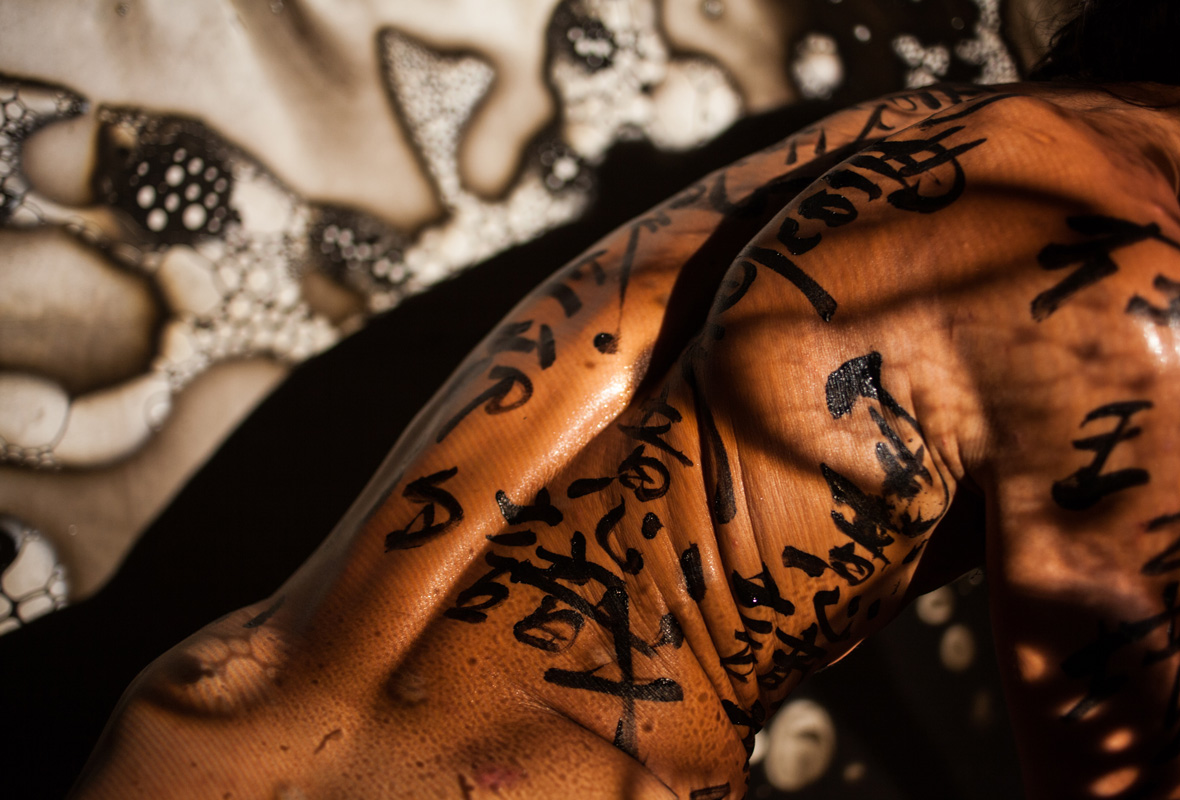
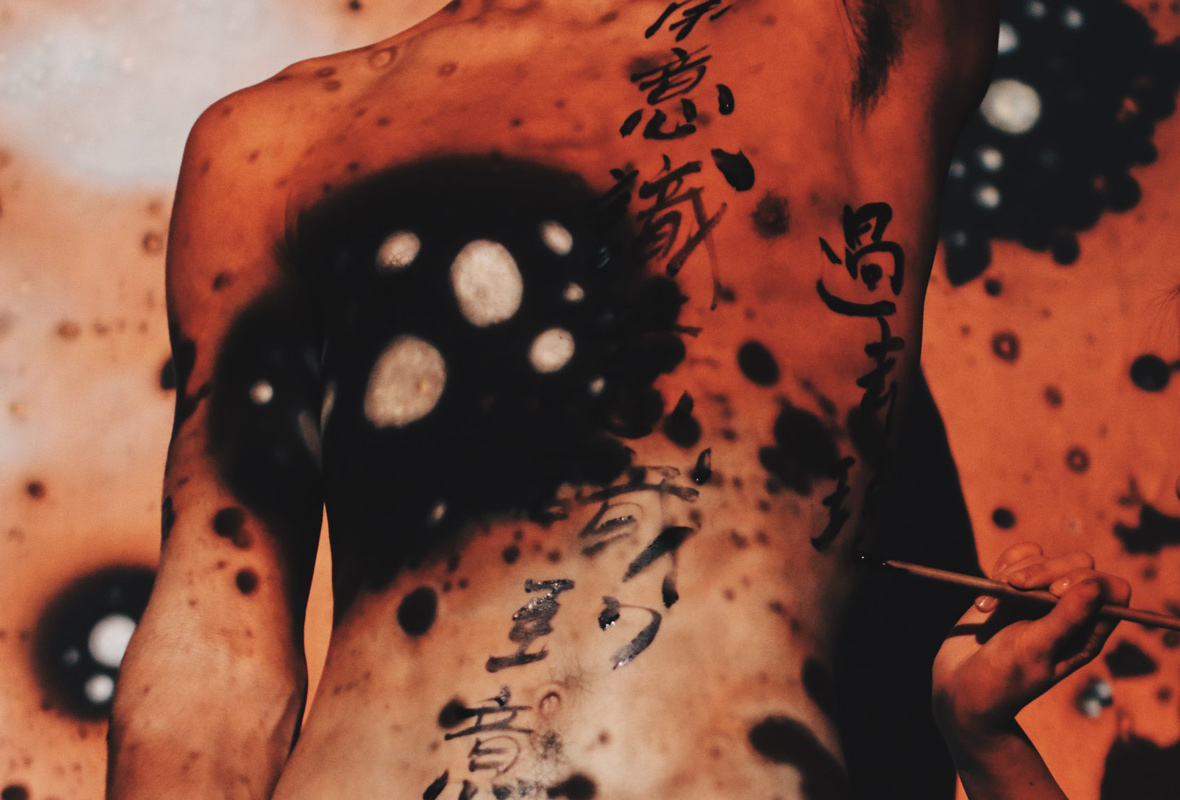
With the evolution of calligraphy and its integration with other various creative disciplines, standards of traditional Chinese calligraphy can no longer serve as an accurate barometer for what is “good” calligraphy. Wu believes that in this digital age, it’s important to rework and refresh traditional art forms like brush calligraphy to keep them relevant, even though it may not be to everyone’s tastes. “Art and man are similar in that both are not always binary,” she says. “It’s not always necessary to categorize things. I want people to see my works as they are, but interpret them in their own way. Their own experiences will dictate their understanding of it.”

Like this story? Follow neocha on Facebook and Instagram.
Instagram: @iamhandtonight
Facebook: ~/iamhandtonight
Tumblr: iamhandtonight.tumblr.com
Contributor: Pete Zhang
Images Courtesy of I Am Hand Tonight
